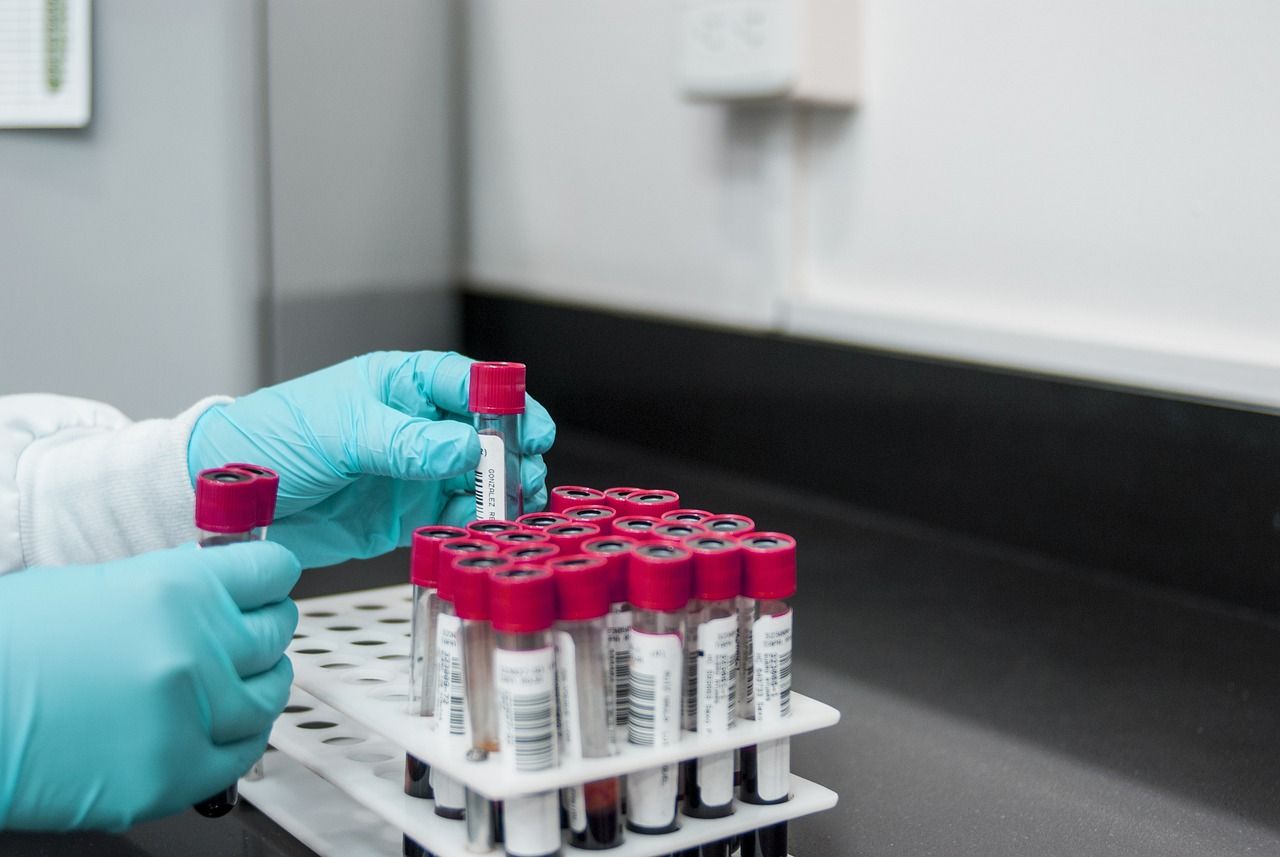Follow us on Google News (click on ☆)
This proof of concept opens the door to producing "custom-made" blood that could be transfused to people with rare blood types or those who require frequent blood transfusions—a situation that puts them at risk of immune reactions.

Illustration image Pixabay
"Blood compatibility depends on antigenic molecules found on the surface of red blood cells. We are familiar with the A, B, and O antigen system as well as the Rh factor (Rh), from which the eight major blood types are derived, but there are at least 45 other antigen systems. It is therefore difficult to find donors whose blood is perfectly compatible with patients who have a rare blood type or special needs due to a health condition," explains the study lead, Yannick Doyon, a professor at Université Laval's Faculty of Medicine and researcher at the CHU de Québec - Université Laval Research Center.
The research team turned to the CRISPR-Cas genome editing system to determine whether it was possible to inactivate the genes encoding certain antigens on the surface of red blood cells. "To study this, we had to work with red blood cell precursors from bone marrow because once differentiated, these cells lack a nucleus and no longer contain DNA," clarifies Professor Doyon.
The research team used red blood cell precursors from Rh+ and type A donors. Using CRISPR-Cas, they inactivated genes essential for producing the antigens associated with these blood types.
Now that the team has demonstrated the possibility of producing red blood cell lines tailored to specific needs, their next challenge is to find a way to produce these modified red blood cells in sufficient quantities for transfusions.
"We are developing an in vitro technique that allows us to differentiate red blood cell precursors into mature red blood cells and multiply them. These advances bring us even closer to producing genetically modified red blood cells with desired compatibility characteristics that could be used for blood transfusions or research," concludes Professor Doyon.
The first author of the study published in Human Molecular Genetics is Yelena Boccacci from Université Laval and Héma-Québec. The other contributors are Yannick Doyon from Université Laval, and Nellie Dumont and Josée Laganière from Héma-Québec.